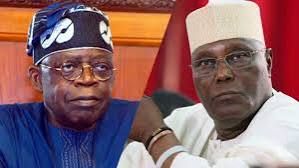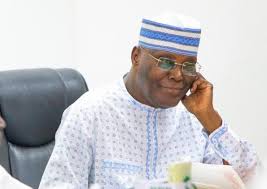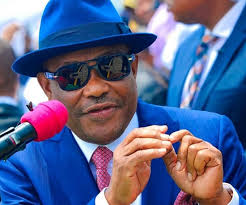The Presidency has issued a sharp response to Alhaji Atiku Abubakar’s recent statement outlining policies he claimed he would have implemented as president, labeling them as “rejected ideas” that lacked substance and were dismissed by Nigerians in the 2023 elections.
In his Sunday statement, titled “What We Would Have Done Differently,” Atiku outlined an approach that he argued would focus on tackling corruption, reforming the Nigerian National Petroleum Company Limited (NNPCL), and improving the country’s refining infrastructure. He suggested a gradual approach to subsidy removal, which he claimed would better cushion the impact on Nigerians.
https://x.com/atiku/status/1853078096372535359?t=M-40pVJplVIWeie9vRHiXQ&s=19
Responding in an official statement from Bayo Onanuga, Special Adviser to President Bola Tinubu, the Presidency argued that Atiku’s plans were untested, asserting that his policies would have worsened Nigeria’s economic challenges or encouraged cronyism. The statement noted, “Alhaji Atiku’s ideas, which lacked details, were rejected by Nigerians in the 2023 poll. If he had won the election, we believe he would have plunged Nigeria into a worse situation or run a regime of cronyism.”
The Presidency pointed to Atiku’s record as Vice President during the first term of President Olusegun Obasanjo’s administration, highlighting his role in the country’s controversial privatization program, which has faced scrutiny for its lack of transparency. “Abubakar lost the election partly because he vowed to sell the NNPC and other assets to his friends,” Onanuga stated, further suggesting that Nigerians remain skeptical of Atiku’s legacy, particularly given the establishment of private universities by both him and Obasanjo during their tenure, even as public institutions reportedly struggled.
Atiku’s statement criticized the Tinubu administration’s handling of subsidy removal, arguing for a phased approach that would alleviate the immediate impact on citizens. However, the Presidency countered that such gradual reforms would not have addressed the scale of challenges faced by the nation. “While advocating for gradual reforms may sound appealing, Tinubu took measures that should have been taken decades ago by Alhaji Abubakar and his boss when they had the opportunity,” the statement read.
Onanuga highlighted that Tinubu’s reforms—though difficult—are crucial to stabilizing the economy, noting that fuel subsidies were draining the nation’s resources, and forex market irregularities needed correction. “No leader worth his name will allow these two economic disorders to persist without moving to end them surgically,” the statement continued, arguing that President Tinubu is committed to ensuring the longevity of the country’s financial health.
https://x.com/aonanuga1956/status/1853215476651843751?t=V_qG5fe7rT3CMke0vMy7zQ&s=19
Atiku also called for empathy in the reform process, to which the Presidency responded by affirming Tinubu’s emphasis on compassionate policies. The administration has prioritized social safety nets, aiming to protect the most vulnerable during the transition. Onanuga reiterated that while Atiku’s vision is “easy to paint on paper,” it does not address the depth of Nigeria’s challenges, emphasizing, “It is expected of an election loser to pontificate and deride a rival’s programmes, even when irrefutable indices show economic reform progress.”




![#Edodecides2024: Obaseki calls for calm, hints at legal action [VIDEO]](https://thediscovererng.com/wp-content/uploads/2024/09/download-6-3.jpeg)



















![#Edodecides2024: Obaseki calls for calm, hints at legal action [VIDEO]](https://thediscovererng.com/wp-content/uploads/2024/09/download-6-3-120x86.jpeg)




